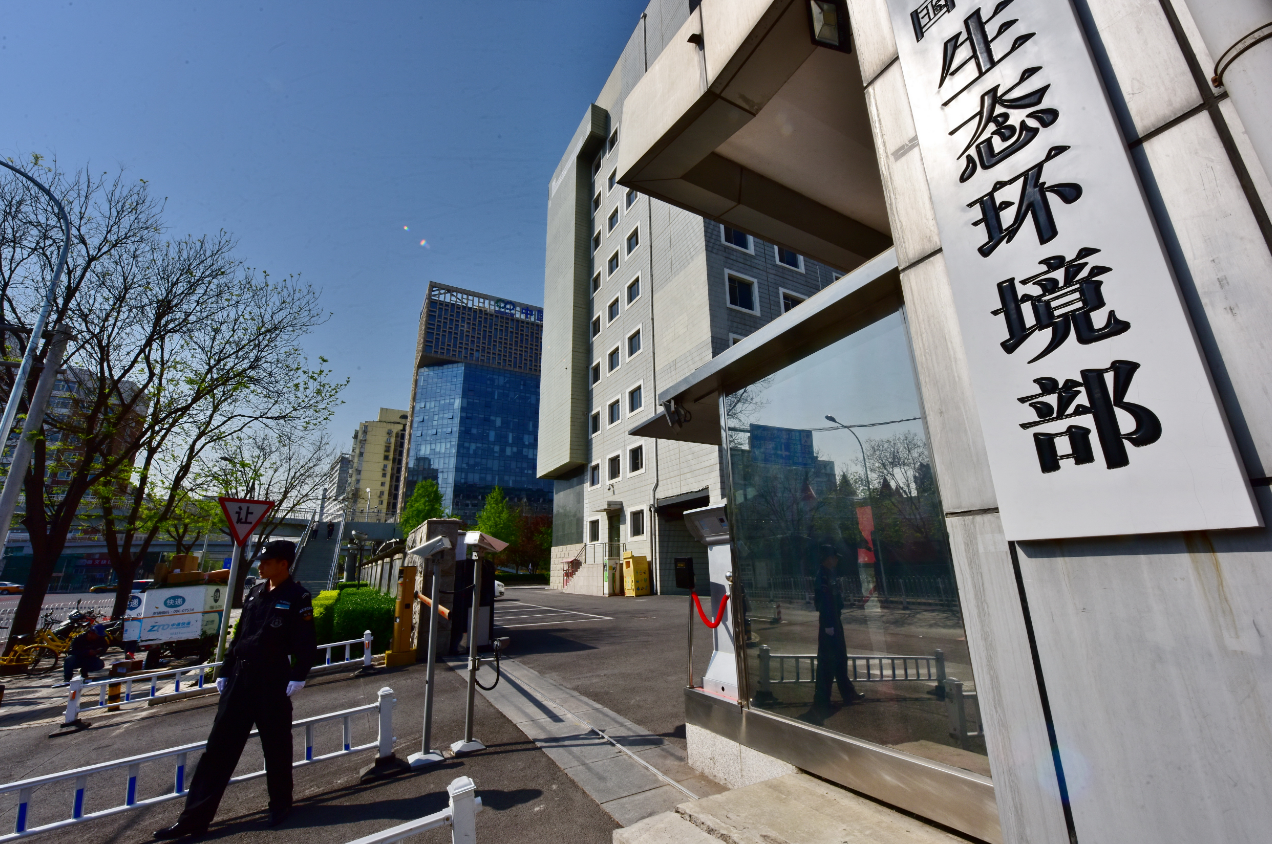
Beijing has expedited local leadership rejuvenation by doubling the number of provincial vice governors under the age of 50

Beijing has expedited local leadership rejuvenation by doubling the number of provincial vice governors under the age of 50
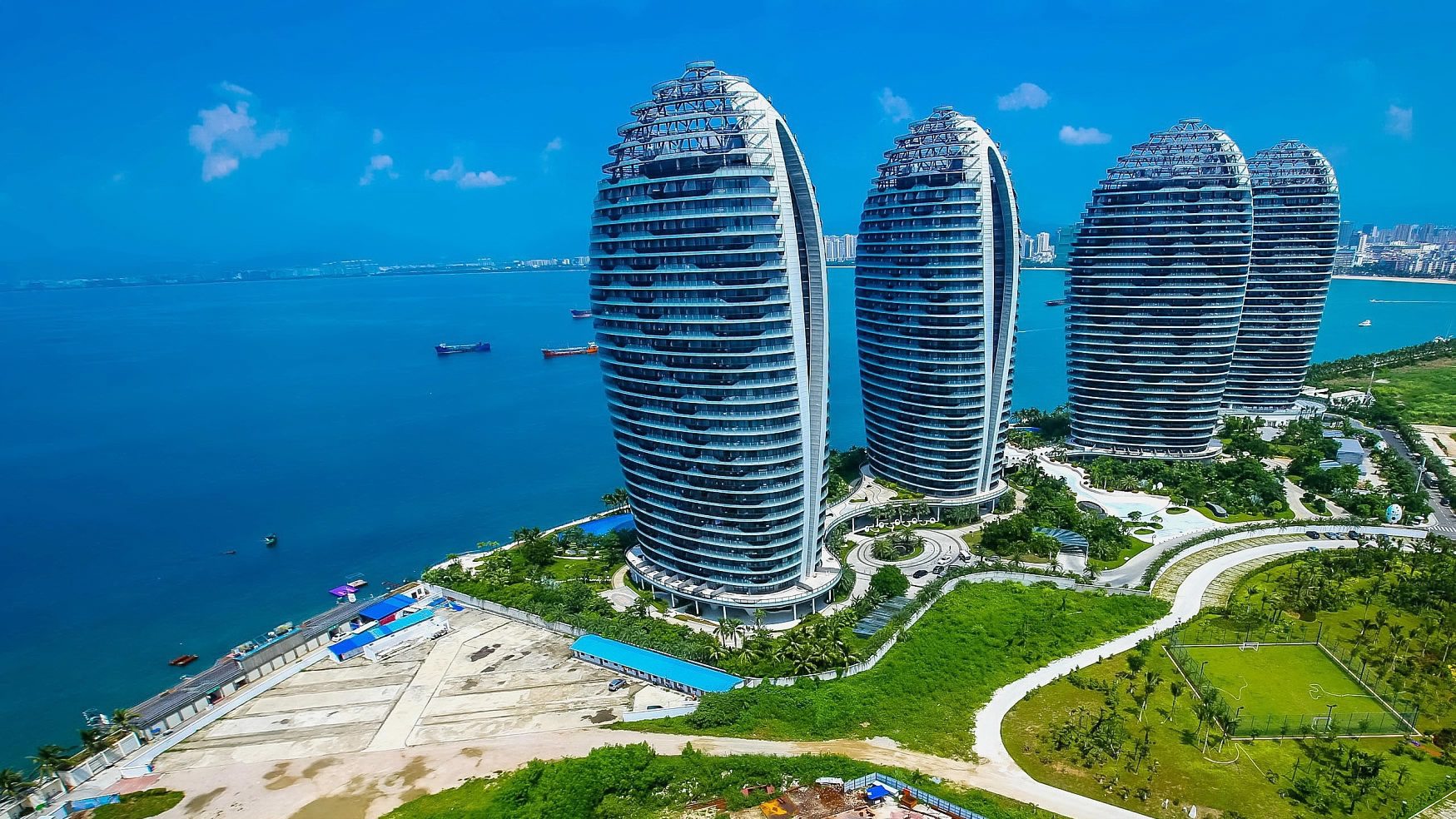
China’s Hainan province announced a free trade port reform plan, the biggest market liberalization experiment by Xi’s administration by far.
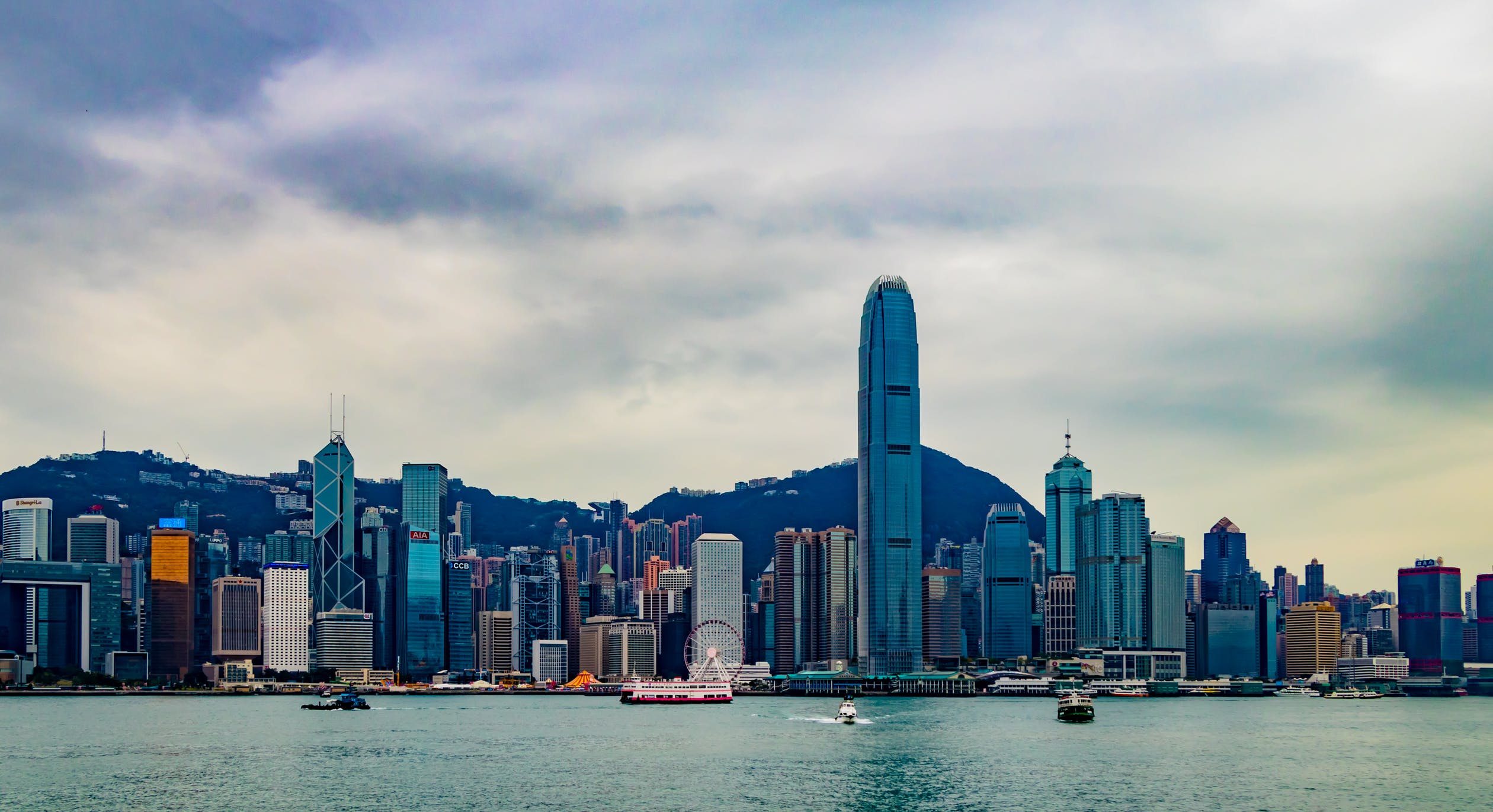
The latest move is consistent with Beijing’s hardline stance in response to the political turmoil on the island since 2019.
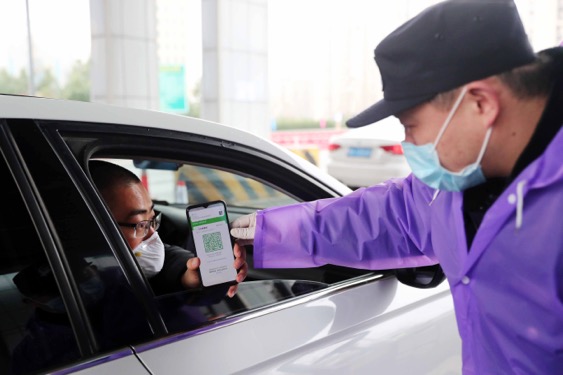
The QR code system is likely to stay in place after COVID-19 as a new socio-economic norm.
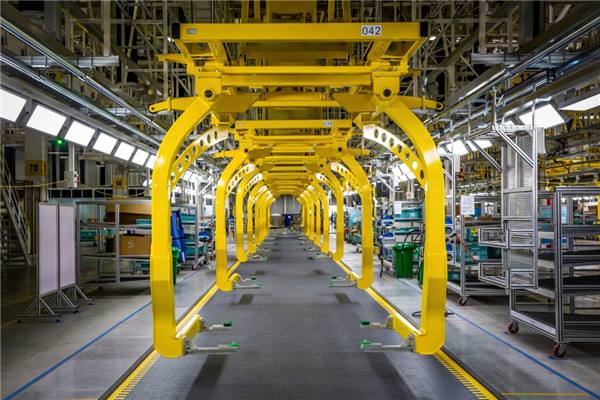
Four provinces have appointed senior provincial Party and government leaders as “heads of industrial chains” to ensure supply chain stability.
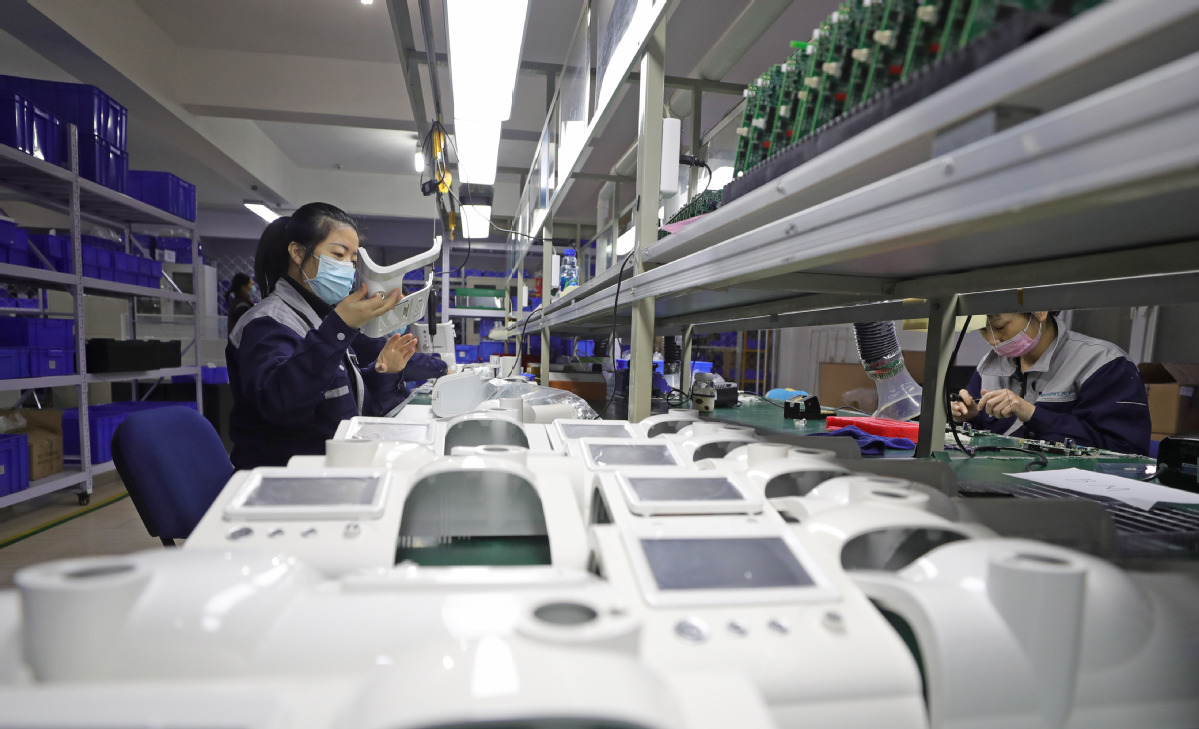
Beijing is concerned about the stability of supply chains and is asking both SOEs and private firms to help.
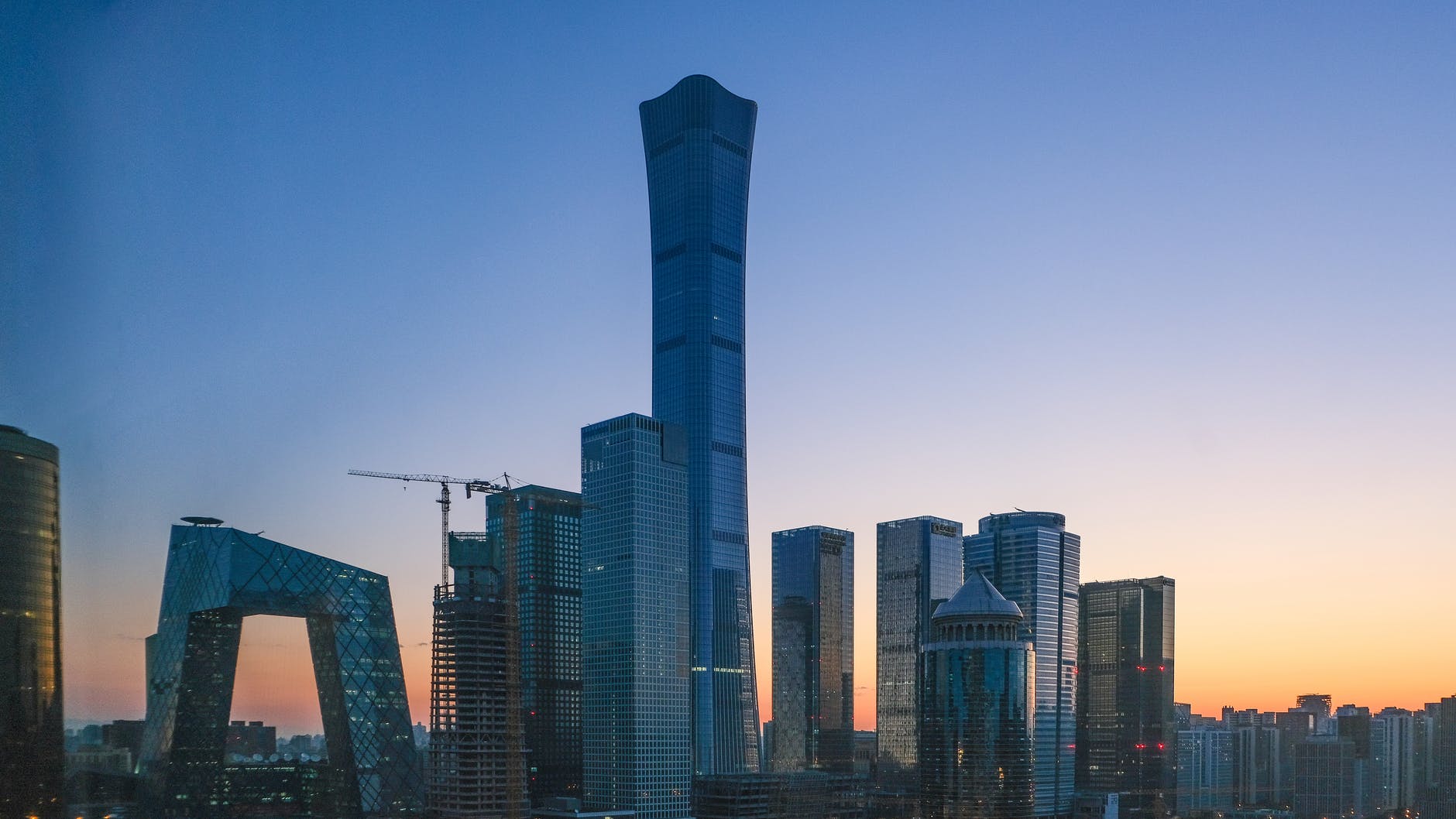
Beijing unveiled the most important reform guideline since 2013, highlighting the use of data and technology in order to improve governance.